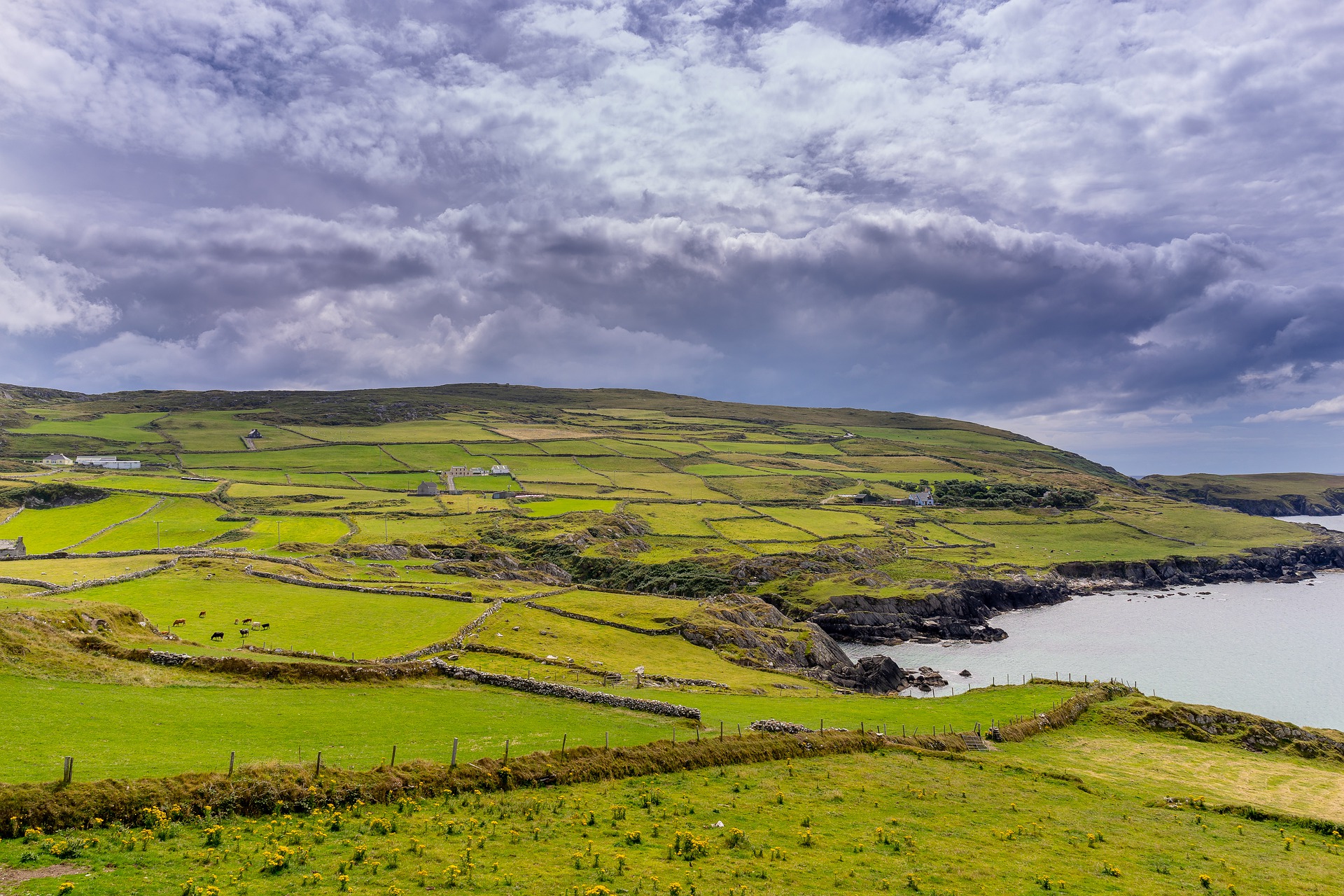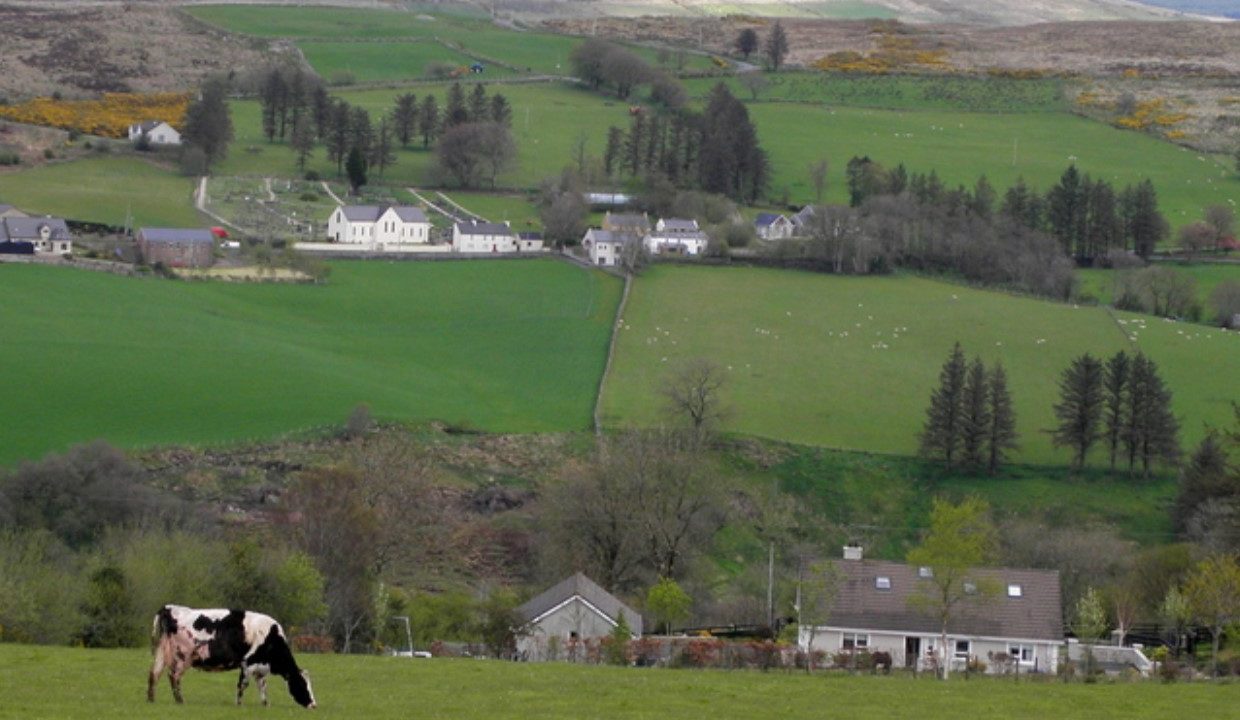Irish Rural Link (IRL) is calling for the establishment of a comprehensive demand-led transport service in rural areas, using electric vehicles.
It added that a long-term investment in public transport is needed to ensure that people in rural areas have “an affordable standard of living”.
The national network, which has a membership of nearly 600 rural community groups, is attending the pre-budget forum today (Wednesday, July 27) in Farmleigh House, Dublin.
It said that a number of measures are urgently needed to alleviate the financial pressures caused by the current increase in energy and food prices in low-income households.
“While the current cost-of-living crisis is having an impact on all households, many low-income households in rural areas have been living with income inadequacies for many years,” IRL outlined.
The main expenses facing such households are transport and home heating costs when compared to a similar household in an urban area.
“These expenses have been greatly increased over the past year. There now must be long-term investment in public services, such as transport, in rural areas to ensure that people have an affordable standard of living,” the network outlined.

Although welcoming that the school transport scheme will be free for the 2022/23 school year, IRL has called for the distance limit to be scraped.
“The government wants to reduce the use of cars on our road, however students living within 3.2km of their primary school still need to be driven to school,” the network said.
“Rural roads are not safe for children to walk or cycle to school. This is putting extra costs on families.”
IRL also called for a 50% increase in the fuel allowance to help with the cost of home heating oil and solid fuel for low-income households who are unable to change to greener alternatives.
“The government must now set a target to retrofit at least 30,000 houses/year, ensuring the homes of those living in or who are most at risk of fuel and energy poverty are targeted first,” the group said.
